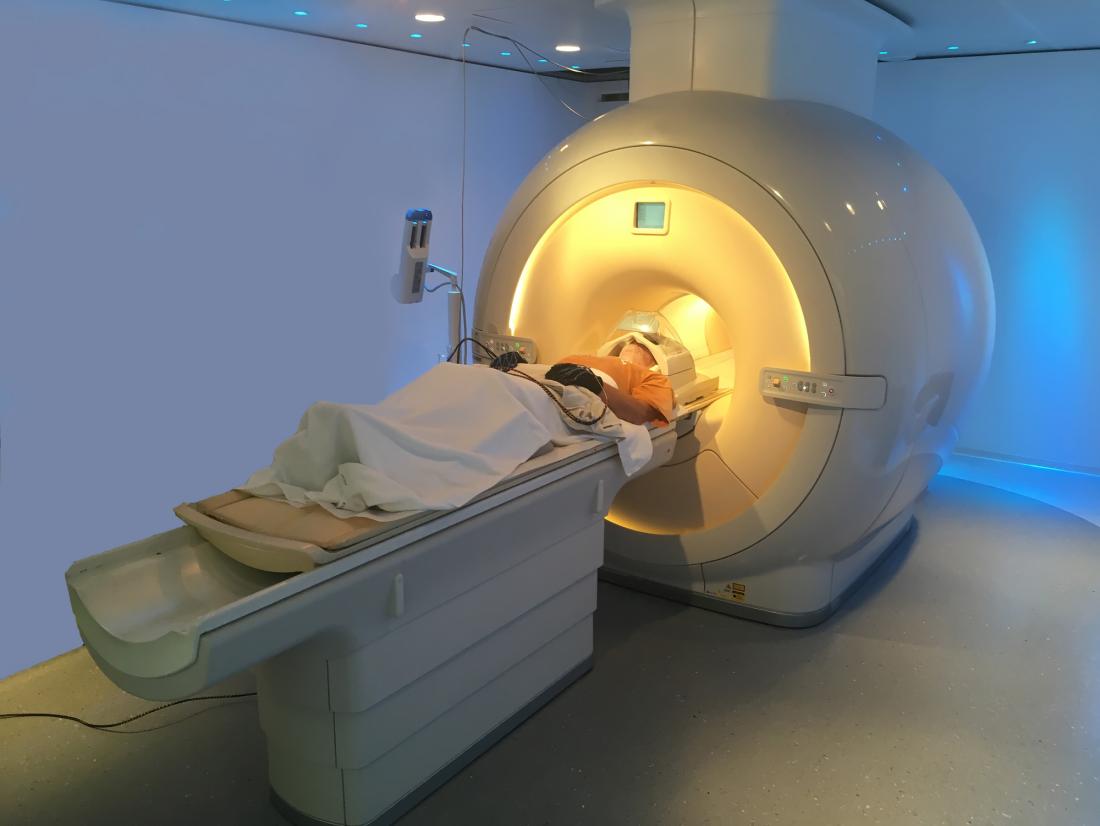Brain scans could help predict whether antidepressants will work

Scientists have long been trying to find out why some people do not respond to antidepressants. Now, new research suggests that it may be possible to predict how well a person with depression will respond to medication by analyzing scans of their brains. The research includes an example of how artificial intelligence (AI) can help the analysis.
The new research comes in the form of two recent studies, one that features in the American Journal of Psychiatry and the other in Nature Human Behaviour.
The studies reveal the most recent findings from a clinical trial in the United States called Establishing Moderators and Biosignatures of Antidepressant Response in Clinical Care (EMBARC).
EMBARC aims to set up objective tests derived from patient biology to help select treatments for mood disorders and reduce the trial and error of prescribing medications.
Dr. Madhukar H. Trivedi, a professor in the Department of Psychiatry at the University of Texas (UT) Southwestern Medical Center in Dallas, is overseeing the trial. He is also the senior author of the two recent papers.
"We need to end the guessing game and find objective measures for prescribing interventions that will work," said Dr. Trivedi, who is also the founding Director of the Center for Depression Research and Clinical Care at UT Southwestern.
"People with depression already suffer from hopelessness," he adds, "and the problem can become worse if they take a medication that is ineffective."
A major reason for setting up EMBARC was because an earlier study that Dr. Trivedi led had found that nearly two-thirds of people fail to respond adequately to their first depression medication.
Rise in numbers of people with depression
Most people have moments of sadness or feeling low that can last for days, particularly following distressing events. Depression, however, is a psychiatric condition in which these and other symptoms are more severe and do not go away.
The symptoms of depression include persistent feelings of sadness and hopelessness and loss of interest in activities that were once enjoyable.
Other symptoms can also occur, such as irritability, anxiety, fatigue, restlessness, and difficulties in making decisions and concentration.
No two individuals with depression will necessarily experience the same symptoms, and even when they do, it does not mean that a treatment that works for one will work for the other.
According to the nonprofit organization Our World in Data, the number of people with depression worldwide has risen from almost 170 million in 1990 to nearly 265 million in 2017, with females more likely to be living with depression than males.
Dr. Trivedi and colleagues started the 16-week EMBARC trial in 2012. It ran in four locations in the U.S. and investigated a total of 296 people with major depressive disorder.
The participants underwent various MRI brain scans, gave blood for DNA and other tests, and also completed surveys to assess their symptoms. Data were available from participants who the researchers had randomly assigned to receive either an antidepressant or a placebo for 8 weeks.
Using brain scans to aid prediction
The researchers used the results of the MRI scans to examine brain structure and brain activity. They compared the imaging analysis of those who took the antidepressant sertraline with those who took the placebo. They also compared the results to people without depression who served as controls.
They found some distinct brain differences between the medication and placebo groups that correlated with whether their symptoms were likely to improve within the 8 weeks of taking them.
The American Journal of Psychiatry study concentrated on the "functional connectivity between brain regions" while the brain is in a "resting state."
Those findings revealed that patterns of functional connectivity, both within and between regions, "appear to play an important role in identifying a favorable response for a drug treatment for major depressive disorder."
Dr. Trivedi explains that looking at imaging results of the brain in different states could offer a more accurate picture of how depression affects a particular individual.
For some individuals with depression, he observes, the results of resting state scans might be a more useful predictor of medication success than scans of when the brain is active, such as during emotional processing. In others, it could be the other way around, he explains.
